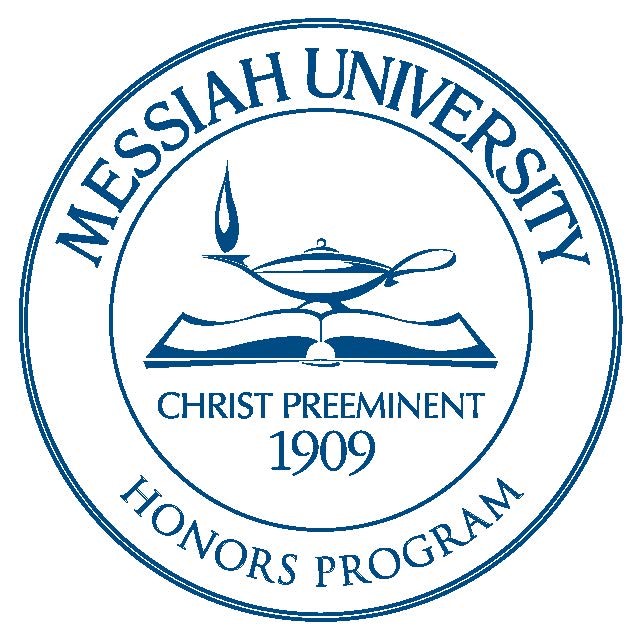Date of Award
2008
Document Type
Thesis
Department
Biological Sciences
Abstract
The SV40 virus encodes an oncogenic large T antigen (T ag) protein that induces a strong immune response in mice. Four class I epitopes, I, 11/111, IV, and V have been identified within the Tag, and epitope V has been shown to be immunorecessive. The four class I epitopes of Tag and the CD8 T lymphocyte response to them have been studied extensively, but little is known about CD4 T lymphocyte involvement in the immune response. A recent discovery by Mylin of a class II epitope within Tag will allow investigation of the role (s) of CD4+ T lymphocytes in the CD8+ T lymphocyte response to Tag and the cell-mediated control of SV40 Tag-induced tumors. A strategy to learn about the role(s) of CD4+ T lymphocytes includes immunizing mice with immortalized murine cells that express altered forms of T ag mutated in the class II-restricted epitope. CD4+ T lymphocytes will not identify and respond to T ag in the absence of the epitope they recognize; observation of the immune response in their absence will provide insight into their normal role(s). This project purposed to develop lines of immortal murine cells expressing mutated forms of the class II epitope in T ag for this purpose. The cells were produced by transfection with plasmids containing the desired mutations and the expression of T ag was verified using indirect immunofluorescence. Cell lines were obtained and preserved from cells transfected with all but one of the seven plasmids used. Positive IF results confirming T ag expression were found in all but two cell lines. The preserved cells will be used in future immunization studies to investigate the role of CD4 T lymphocytes and class II epitopes in the immune response.
Recommended Citation
Peters, Andrea J., "Generation of Immortalized Murine Cell Lines with SV 40 T Antigen Derivatives Bearing Alterations in a Novel MHC Class II-Restricted Epitope" (2008). Honors Projects and Presentations: Undergraduate. 290.
https://mosaic.messiah.edu/honors/290


